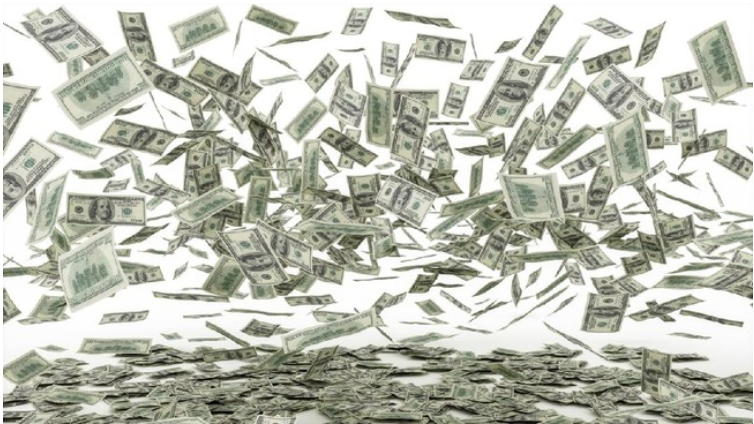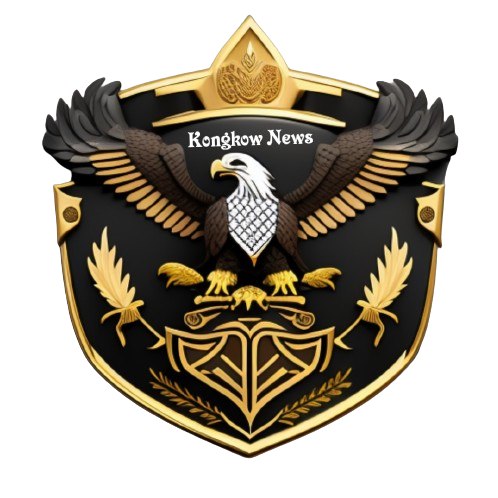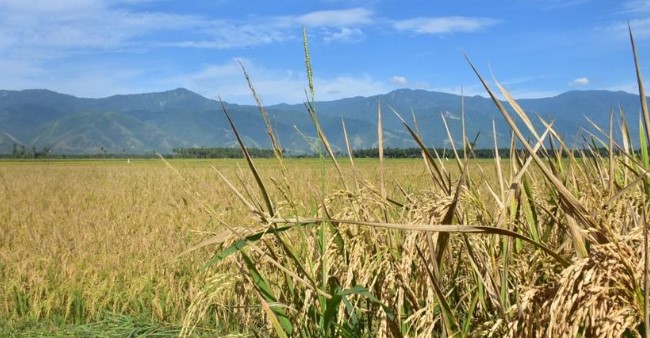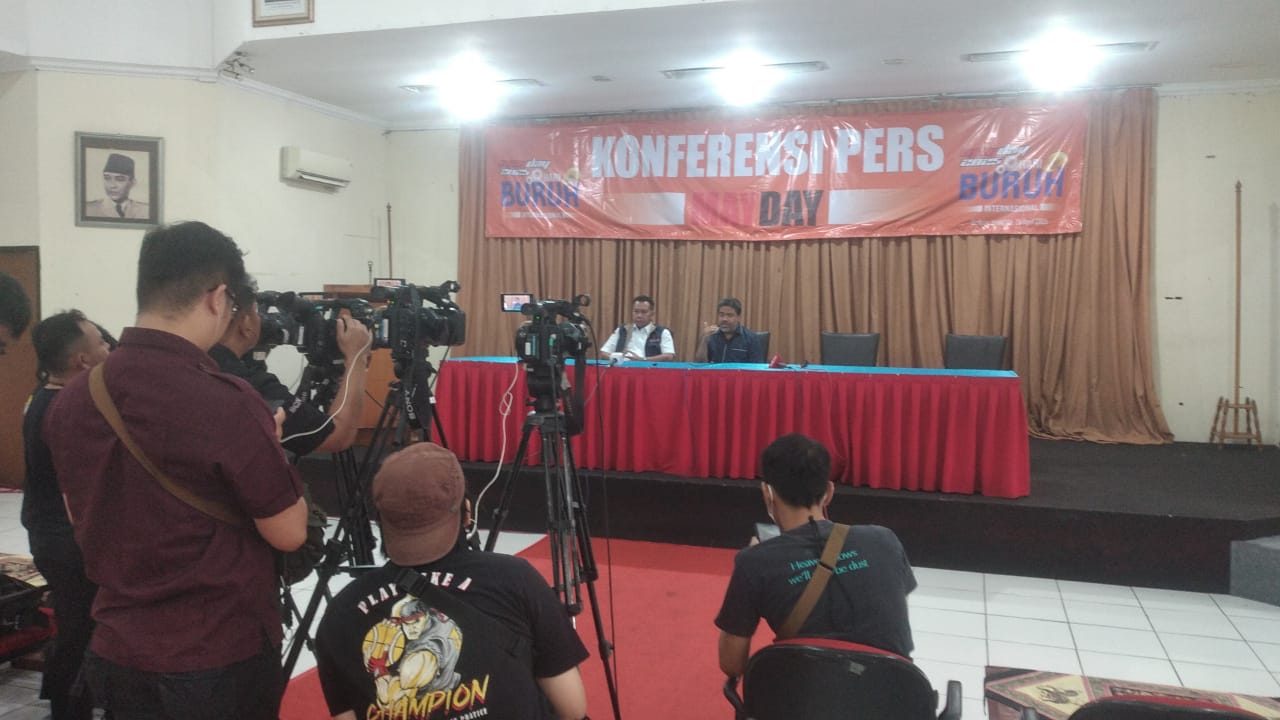
KN. European Commission President Ursula von der Leyen intends to talk to visiting Chinese President Xi Jinping about policies that she claims pose a threat of de-industrialization in the bloc.
The Chinese leader arrived in France on Sunday as part of a six-day, three-country trip to Europe, his first since 2019. The head of the EU executive branch said she would discuss “current imbalances” in Chinese trade during talks with Xi.
”China is currently manufacturing, with massive subsidies, more than it is selling due to its own weak domestic demand. This is leading to an oversupply of Chinese subsidized goods, such as EVs (electric vehicles) and steel, that is leading to unfair trade,” she claimed. ”Europe cannot accept such market-distorting practices that could lead to de-industrialization in Europe,” von der Leyen added.
The EU authorities have launched investigations into alleged unfair Chinese practices, including restrictions on the supply of European medical devices to the Asian nation’s market and subsidies for Chinese firms producing wind turbines, electric vehicles, and trains.
Meanwhile, China has opened an anti-dumping probe into brandy imported from the EU, which particularly affects French exporters. The mutual investigations are perceived as a mounting tit-for-tat stand-off over protectionism. Von der Leyen has pushed for “de-risking” trade with China, but has not gone as far as to advocate decoupling from the economic powerhouse.
EU members have largely decoupled their economies from Russia in an attempt to penalize Moscow over the Ukraine conflict. The loss of access to cheap Russian natural gas has hit energy-intensive industries in Western Europe, forcing businesses to move manufacturing to other locations. The US was among their primary destinations, as the government offered subsidies to certain producers under the Inflation Reduction Act of 2022.
In an op-ed published in the French press ahead of his visit, Xi said Beijing was committed to reaching “new vistas” in its relationship with the country. He wrote: “France is advancing re-industrialization based on green innovation, whereas China is accelerating the development of new quality productive forces.”
After France, the Chinese president is scheduled to visit EU member Hungary and Russia-friendly non-member Serbia.

Chinese President Xi Jinping met with his French counterpart, Emmanuel Macron, and EU Commission chief Ursula von der Leyen on Monday to resolve economic disagreements between Brussels and Beijing, various media outlets have reported.
Xi arrived in France on Sunday for a two-day state visit, embarking on his first trip to Europe in five years. The Chinese leader will next head to Serbia and Hungary.
“The world today has entered a new period of turbulence and change,” Xi stated at the start of the trilateral meeting in Paris.
“As two important forces in the world, China and Europe should… continuously make new contributions to world peace and development,” the leader added.
The Paris meeting mainly focused on trade disputes between Beijing and the EU.
According to Macron, Europe and China must resolve structural difficulties, in particular on trade.
“The future of our continent will also very clearly depend on our capacity to further develop in a balanced way our relationship with China,” the French president said during the meeting at the Elysee Palace.
Macron has been pushing Brussels to get tough with China, accusing it of flooding the market with cheap electric vehicles. The EU launched an investigation last year into Chinese subsidies, while Beijing has threatened to slap tariffs on French-made brandy imports.
Von der Leyen echoed Macron’s remarks, claiming the EU and China want good relations. “We have a substantial EU-China economic relationship… But this relationship is also challenged, for example, through state-induced overcapacity, unequal market access and overdependencies,” the EU commissioner stated.
After the meeting, she told reporters that the EU “cannot absorb massive over-production of Chinese industrial goods flooding its market.”
“Europe will not waver from making tough decisions needed to protect its market,” von der Leyen cautioned.
The EU commissioner has been pushing for “de-risking” trade with China as the bloc has accused Beijing of abusing the EU’s economic hospitality by dumping products.

In the last several weeks, the EU authorities have launched investigations into alleged unfair Chinese trade practices, including restrictions on the supply of European medical devices to the Asian nation’s market and subsidies for Chinese firms producing wind turbines, electric vehicles, and trains.
Meanwhile, China has opened an anti-dumping probe into brandy imported from the EU, which affects French exporters in particular. The mutual investigations are seen as a mounting tit-for-tat stand-off over protectionism.






